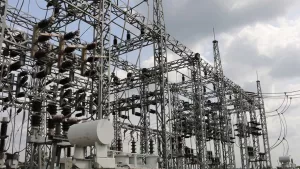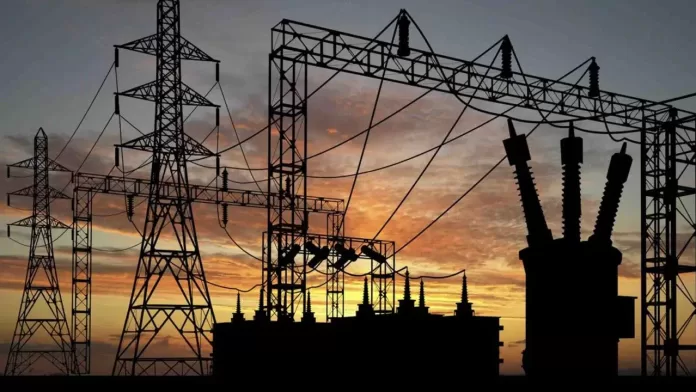The national power grid experienced another collapse on Tuesday, November 5, 2024, adding to the mounting frequency of grid disturbances this year.
This marks the ninth such incident in 2024, following a troubling pattern of power outages, including three grid failures in the last week of October alone.
The latest collapse occurred at approximately 1:52 PM, with power generation across the country plummeting to zero. By 2:45 PM, power plants including Afam IV & V, Egbin, Delta, and several others reported zero megawatts of generation, resulting in widespread blackouts across numerous states.
At the time of the disruption, the total generation from all power plants was recorded at 0 MW.
A tweet from the National Grid’s official Twitter account around 3 PM stated, “BREAKING: National Grid suffers another setback. Restoration soon!”
Shortly after the outage, the Transmission Company of Nigeria (TCN) issued a statement confirming the disturbance, identifying it as a “partial disturbance” of the grid that was caused by “a series of line and generator trippings,” which destabilized the system. TCN spokesperson Ndidi Mbah provided further details, stating, “This followed a series of line and generator trippings that caused instability in the grid and, consequently, the partial disturbance of the system.”
Mbah reassured the public that efforts were underway to restore power. “Data from the National Control Centre revealed that a part of the grid was not affected by the bulk power disruption,” she said.

READ ALSO: National Grid Collapses Second Time In 24 Hours
“TCN engineers are already working to quickly restore bulk power supply to the states affected by the partial disturbance. Presently, bulk power supply has been restored to Abuja at 2:49 pm, and we are gradually restoring it to other parts of the country. We sincerely apologise for any inconvenience this may cause our electricity customers.”
This latest outage comes just months after Nigeria’s first blackout of 2024, which occurred on February 4. At that time, the national grid had collapsed dramatically from 2,407 MW to just 31 MW by noon, completely shutting down by 1 PM.
The national grid’s repeated failures underscore Nigeria’s reliance on a single centralized system for electricity distribution, a situation that has long been criticized by experts and officials alike.

